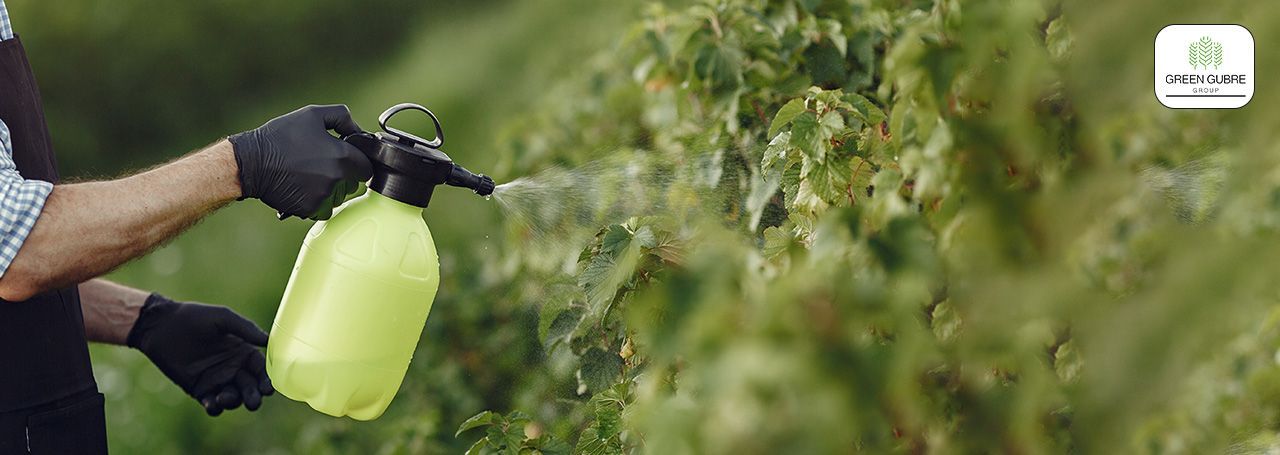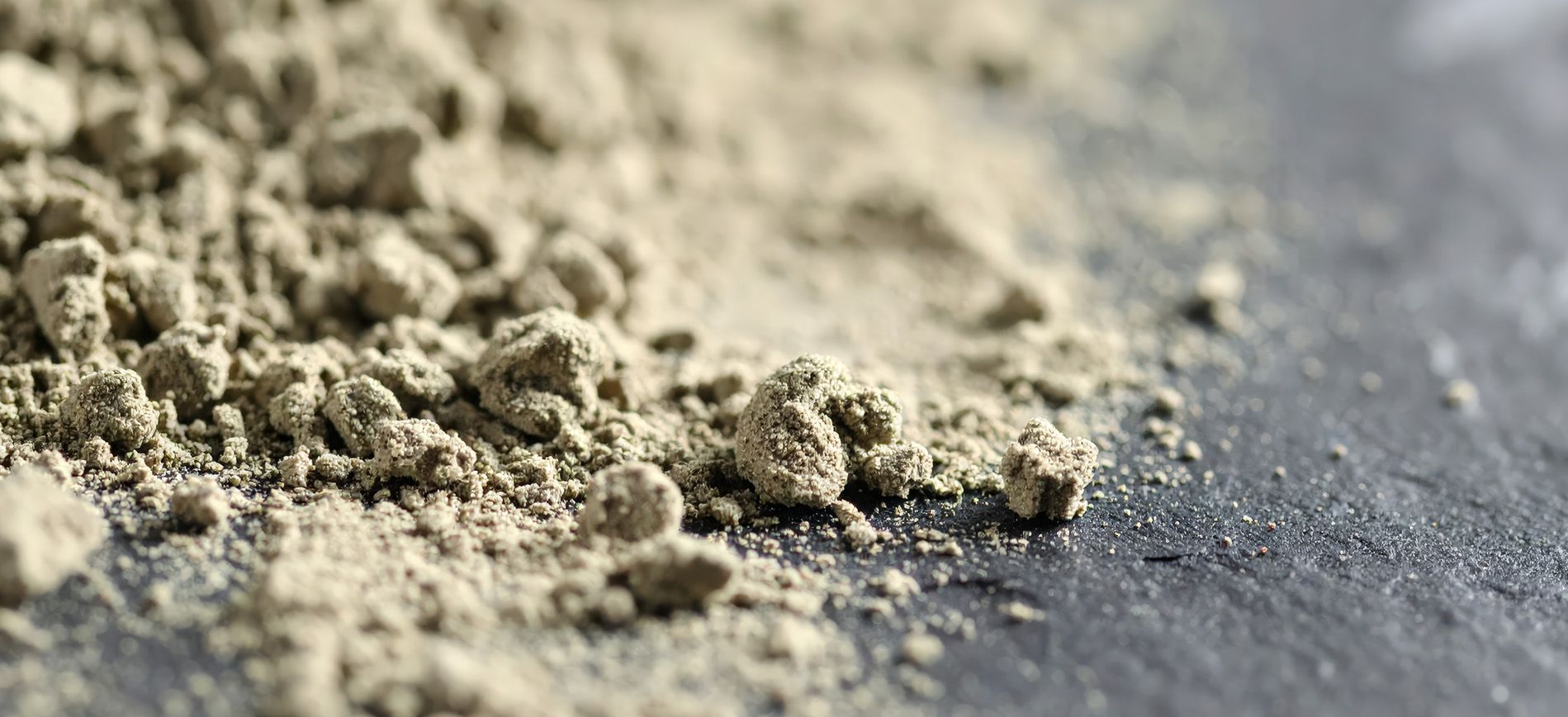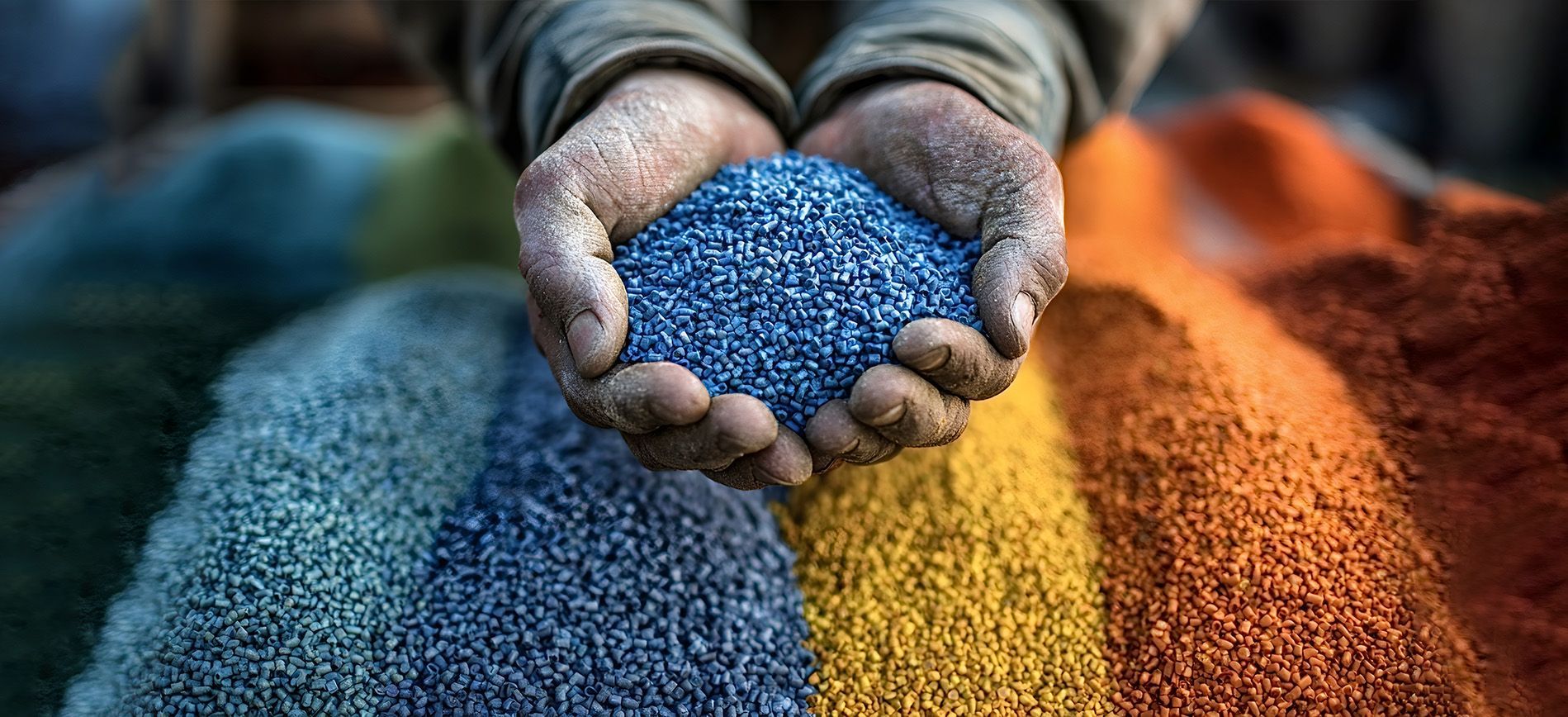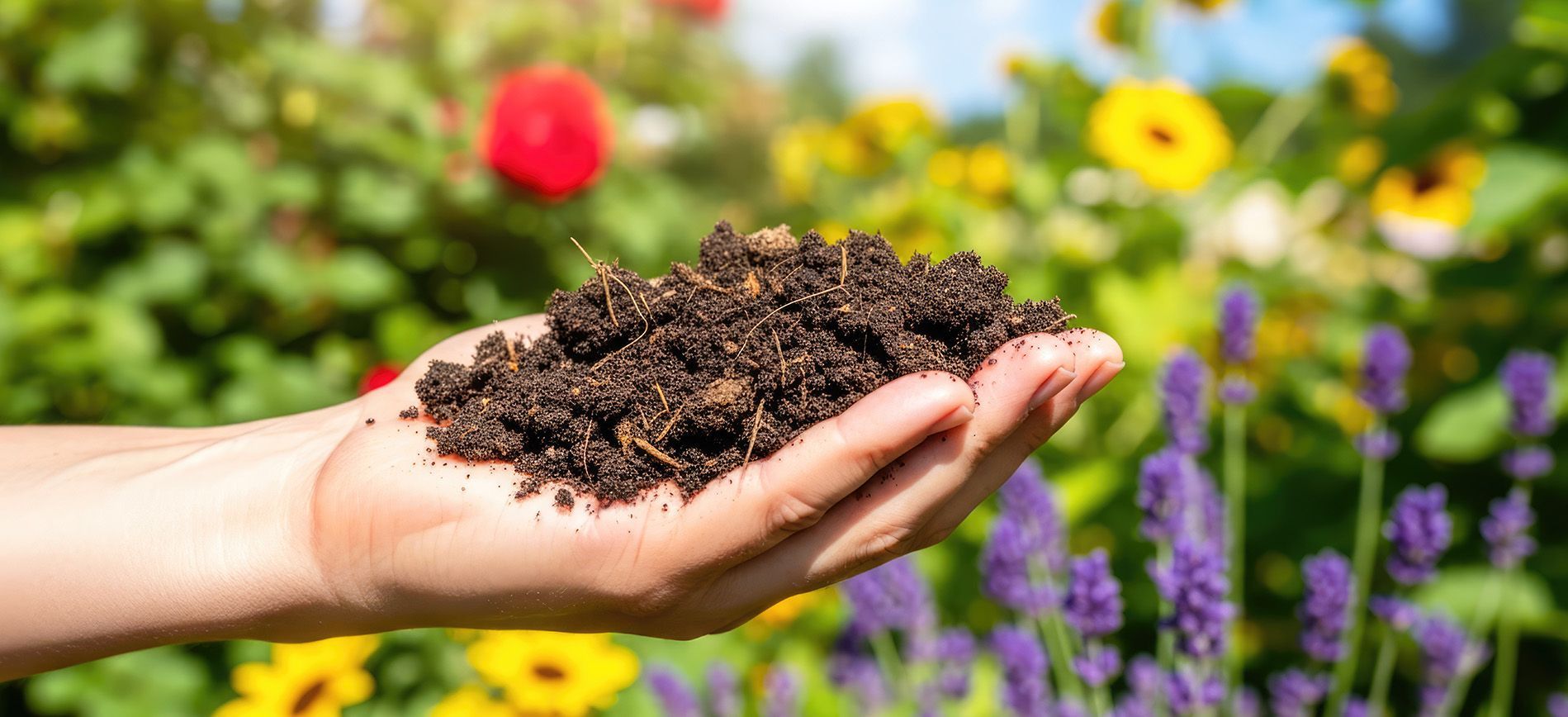Foliar Fertilizers – Direct Nutrition for Rapid Response
Foliar Fertilizers – Direct Nutrition for Rapid Response

Introduction: Feeding Through the Leaves
Foliar fertilization—the application of nutrients directly to plant leaves—is a powerful tool in modern crop nutrition. Unlike traditional soil-based methods, foliar sprays deliver nutrients directly into the plant’s vascular system, bypassing root-related limitations such as poor soil structure, nutrient lock-up, or root damage. This technique is particularly valuable for correcting micronutrient deficiencies, recovering from crop stress, and providing targeted supplementation during peak growth stages.
1. How Foliar Fertilization Works
When sprayed on the leaf surface, nutrients are absorbed through stomata or cuticular pathways. This allows for:
- Fast nutrient uptake, often within 1–2 hours
- Localized treatment of visible deficiency symptoms
- Bypassing poor soil conditions such as salinity, alkalinity, or drought
Key foliar fertilizers include:
- Micronutrients: Zinc (Zn), Boron (B), Iron (Fe), Manganese (Mn), Copper (Cu)
- Secondary nutrients: Calcium (Ca), Magnesium (Mg)
- NPK solutions for fruit set, grain filling, or vegetative boosts
🔗 International Plant Nutrition Institute – Foliar Feeding Basics
2. Key Benefits of Foliar Nutrition
- Rapid Correction: Effective in treating acute nutrient deficiencies
- Enhanced Efficiency: Especially under stress conditions when root uptake is impaired
- Reduced Nutrient Loss: Minimizes leaching and volatilization seen in soil applications
- Complementary Tool: Works well with fertigation and basal fertilization for season-long coverage
Studies show foliar applications can improve fruit size, chlorophyll content, and flowering rates—especially in high-value crops.
3. Strategic Applications by Crop Type
- Cereals (Wheat, Rice, Maize): Zinc and boron foliar sprays during tillering and booting stages
- Vegetables (Tomato, Pepper, Onion): Foliar calcium and magnesium to prevent blossom end rot and leaf curling
- Fruits (Grapes, Apples, Citrus): Iron and potassium sprays improve color, sweetness, and shelf life
- Legumes (Soybean, Chickpea): Molybdenum and iron support nitrogen fixation and pod development
Foliar feeding is also used in protected cultivation, hydroponics, and during the nursery stage for enhanced early growth.
4. Market Trends and Adoption
The global foliar fertilizer market is projected to exceed $9 billion by 2030, driven by:
- Demand for quick-response nutrition in precision agriculture
- Water scarcity is making soil fertilization less viable
- High-value crops require visual quality and a consistent nutrient supply
Regions such as India, Brazil, and Southern Europe are witnessing a significant uptake due to government support, improved formulations, and rising awareness.
5. Best Practices and Considerations
- Apply during cooler parts of the day (morning/evening)
- Use appropriate droplet size and surfactants for better adhesion
- Avoid foliar feeding before rainfall or during drought stress unless irrigation is available
- Avoid nutrient burn by sticking to recommended concentrations, especially with urea or salts
Farmers should integrate foliar fertilization with a comprehensive nutrient strategy that considers
soil tests, crop stage, and climatic conditions.
Green Gubre Group – Precision Foliar Nutrition at Your Service
At Green Gubre Group, we offer:
- Liquid and soluble foliar products with chelated micronutrients
- Customized foliar blends for cereals, vegetables, and orchards
- Technical support on spray schedule, compatibility, and absorption enhancers
- Packaging in small bottles, drums, or IBCs
Let us help you deliver precise nutrition where and when it’s needed most—leaf by leaf.




